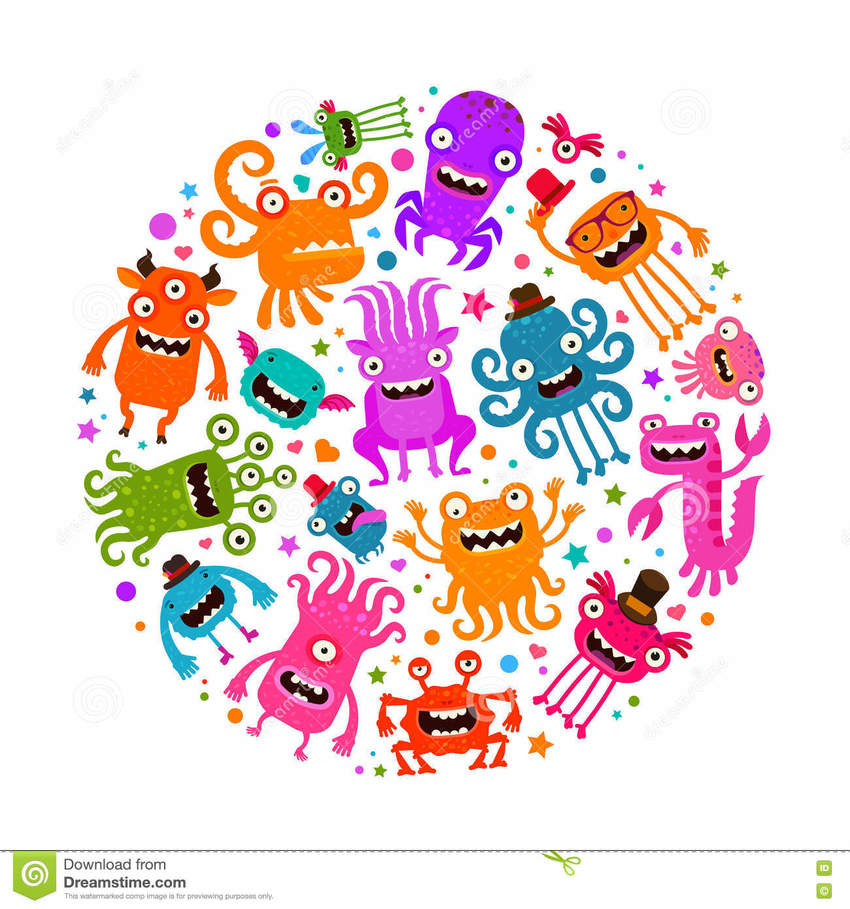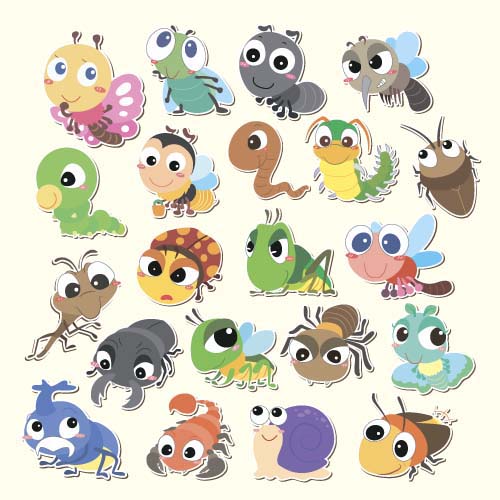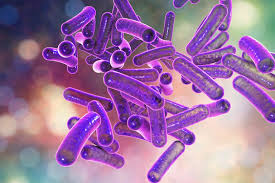“100 Trillion Bacteria!”
Aug
31
Each gut contains about 100 trillion bacteria, many of which are vital, breaking down food and toxins, making vitamins and training our immune systems. The hope, says Fleming who quotes neuroscientist John Cryan, is that it may one day be possible to diagnose some brain diseases and mental health problems by analysing gut bacteria, and to treat them – or at least augment the effects of drug treatments – with specific bacteria. Cryan and his colleague Ted Dinan at the APC Microbiome Institute call these mood-altering germs “psychobiotics”, and have co-written a book with the American science writer Scott C Anderson called The Psychobiotic Revolution.
For example, though they differ from one to another, a person with diabetes is more likely to have a certain suite of microbes than a person without diabetes. A recent Popular Science article (“Scientists want to turn our gut bacteria into medicine”, August 31, 2017 by Claire Maldarelli) referred to this connection of gut microbiomes and diabetes.
An earlier article in The Guardian, “Gut bacteria regulate nerve fibre insulation” (Mo Costandi, April 05, 2016) claims that “alterations in our gut bacteria composition may be connected to a wide range of neurological and psychiatric conditions, including autism, chronic pain, depression, and Parkinson’s Disease.” Psychosomatic Medicine reported that “various factors play a role (in PTSD), including a lack of social support and low levels of the neurotransmitter neuropeptide Y (see British Psychological Society blog, November 22, 2017; https://www.bps.org.uk/news-and-policy/bacteria-your-gut-might-affect-your-vulnerability-ptsd).




